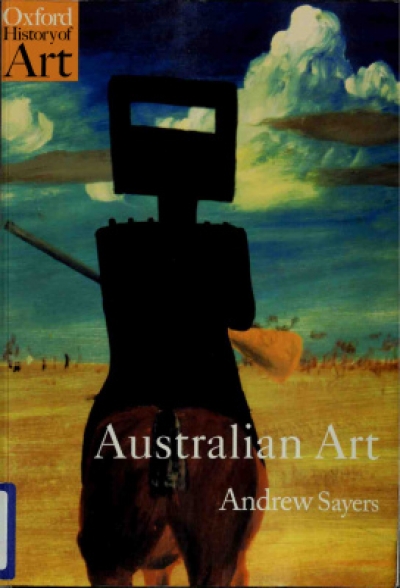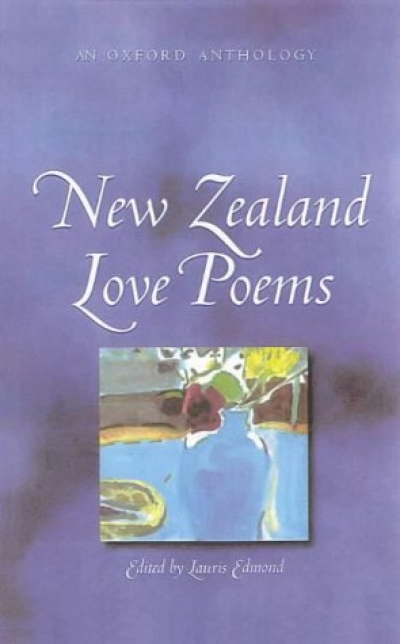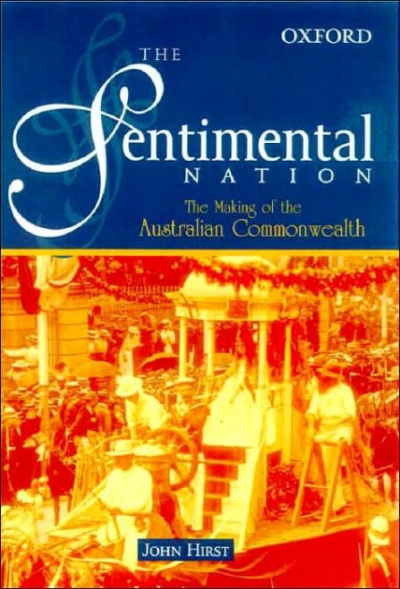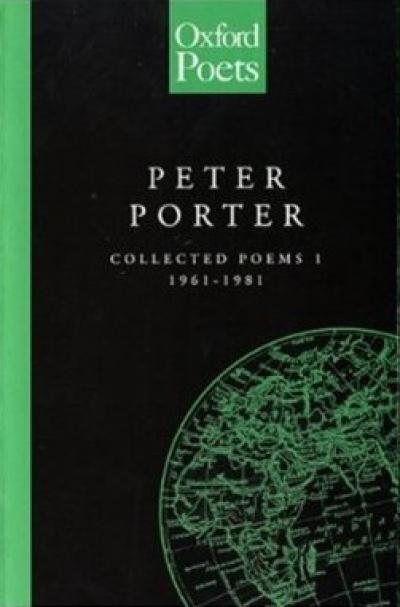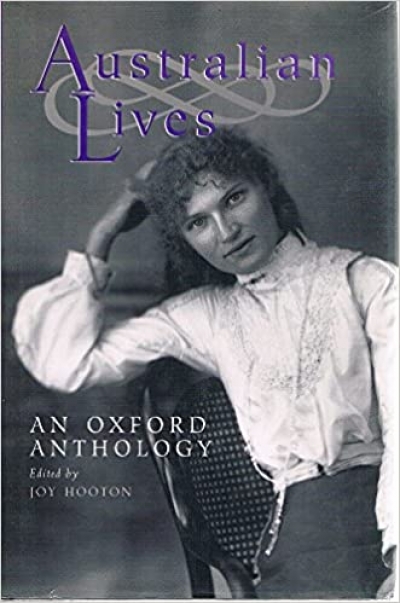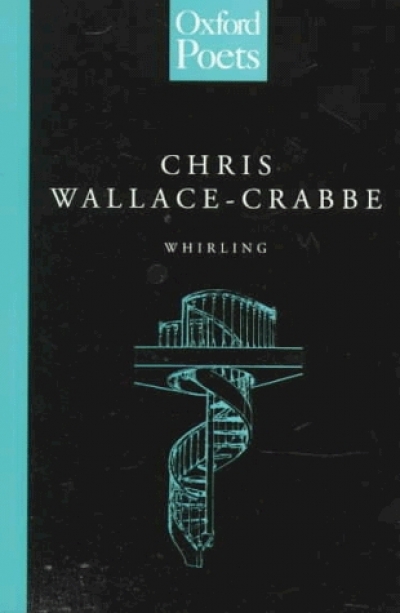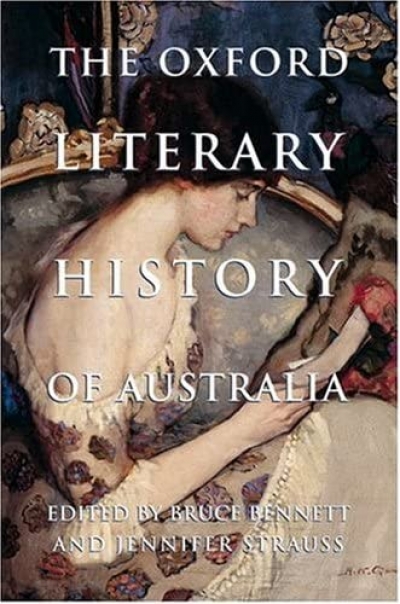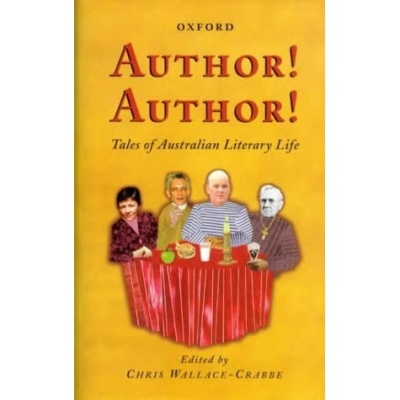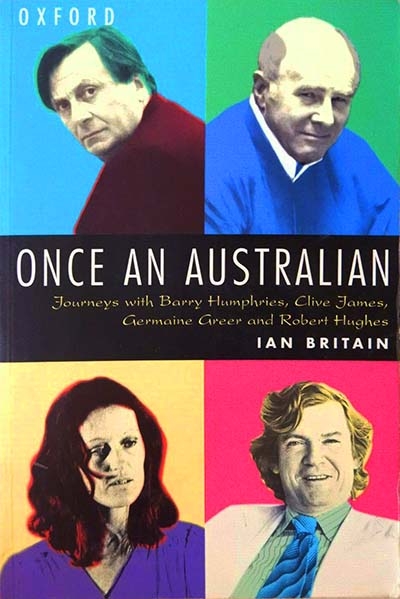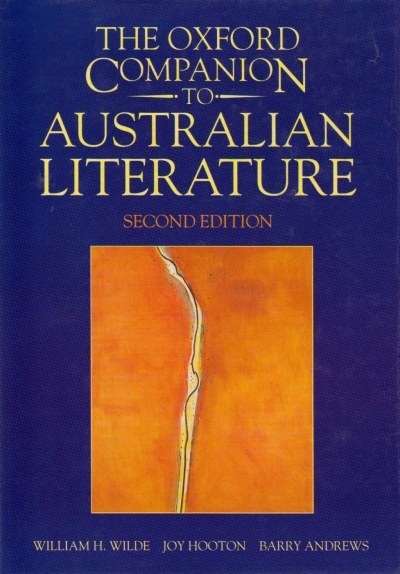Oxford University Press
New Zealand Love Poems: An Oxford anthology edited by Lauris Edmond
by Jennifer Strauss •
The Sentimental Nation: The making of the Australian Commonwealth by John Hirst
by Geoffrey Bolton •
Collected Poems I 1961-1981 by Peter Porter & Collected Poems II 1984-1999 by Peter Porter
by Peter Craven •
The Oxford Literary History of Australia edited by Bruce Bennett and Jennifer Strauss
by Andrew Riemer •
Author! Author!: Tales of Australian Literary Life edited by Chris Wallace-Crabbe
by Peter Steele •
Once an Australian: Journeys with Barry Humphries, Clive James, Germaine Greer and Robert Hughes edited by Ian Britain
by Philippa Hawker •
The Oxford Companion to Australian Literature (Second Edition) edited by William H. Wilde, Joy Hooton, and Barry Andrews
by Peter Pierce •

